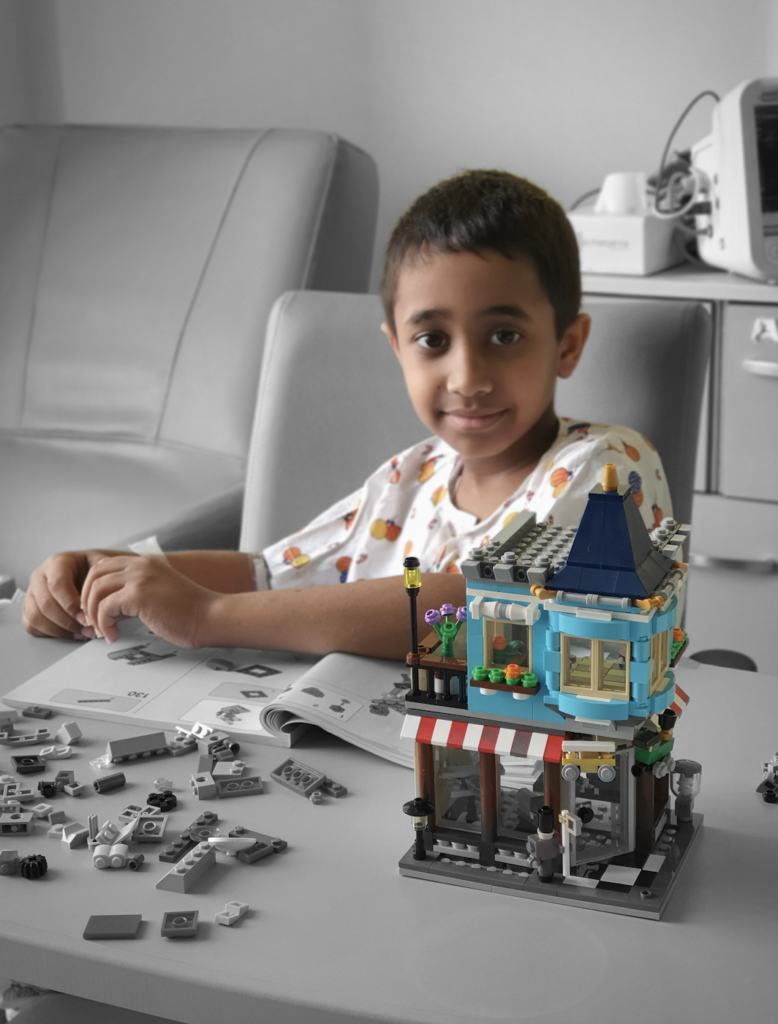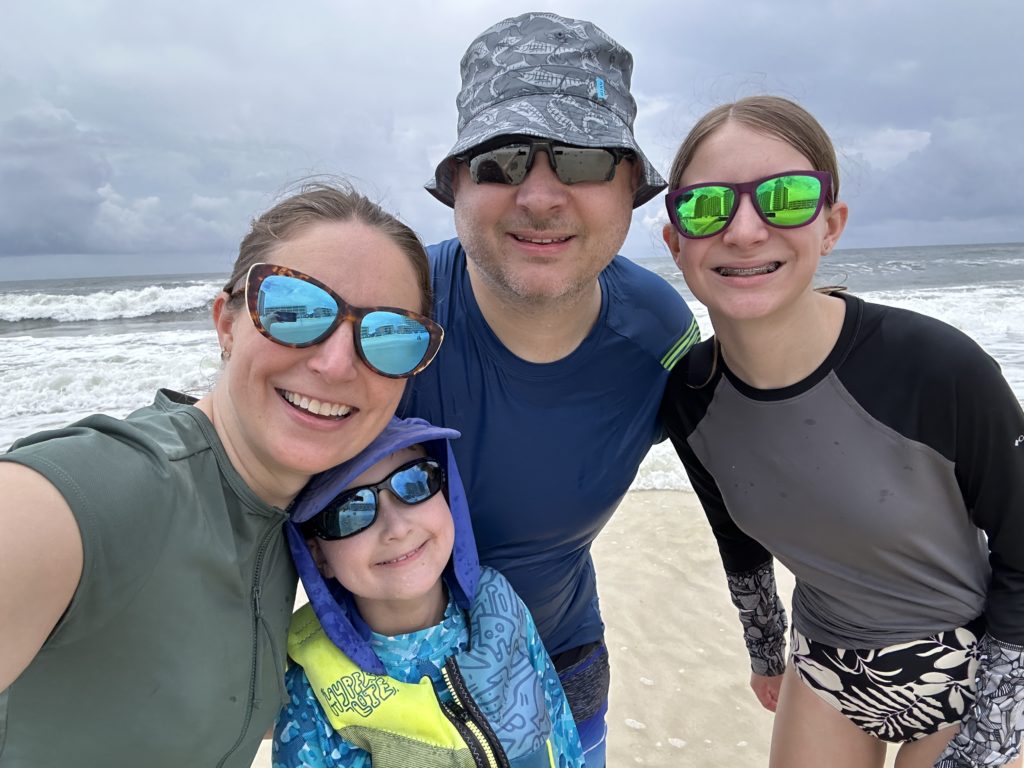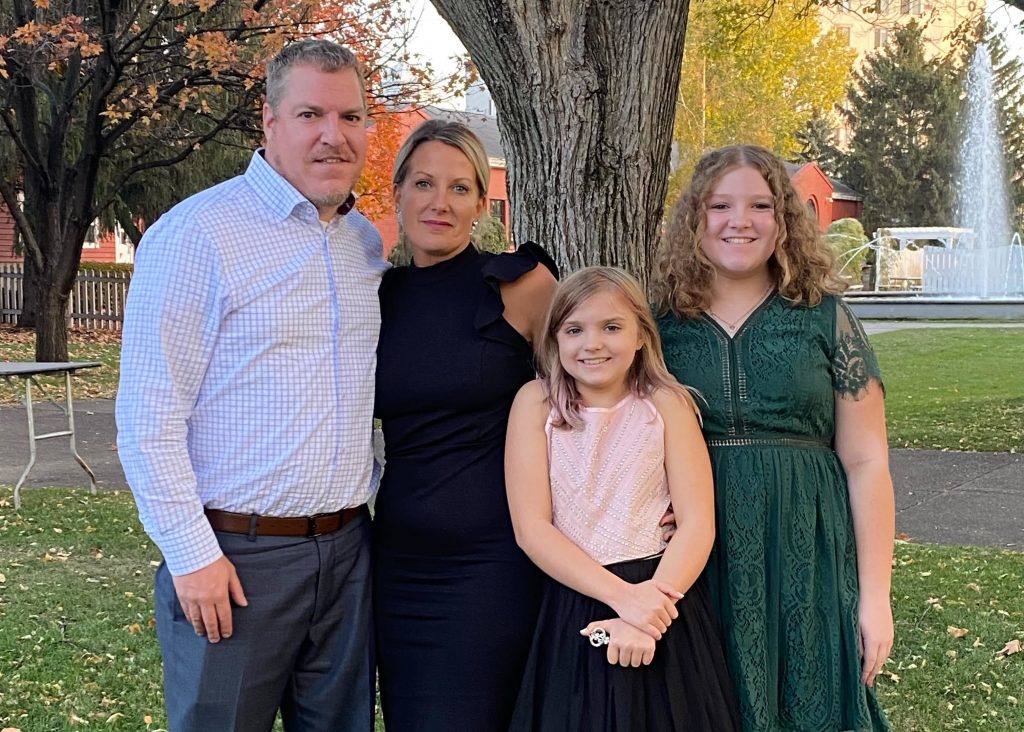
It was a regular Wednesday in early 2019, with all of us heading out the door for school and work. However, our daughter London was suffering from a stomachache. She had been experiencing it for a while, so we decided to take her to Urgent Care for a checkup. While there, on a whim, they decided to perform some blood work to rule out any serious issues since the doctor hadn’t identified a clear cause for her stomachache. We left with some advice: rest and drink plenty of fluids.
During this time, her blood was sent to the lab, then to another lab, and yet another. Soon after, we received a phone call that would forever change our lives: “Her platelet counts, red blood cell, and white blood cell counts seem extremely low. We need you to go to Children’s Cancer Hematology to have her seen by one of our doctors.”
At this point, our thoughts were a whirlwind. What did they mean by low? Why the cancer center? What is happening?
My husband Bryan and I were overwhelmed, looking at this little person and hearing the word “cancer.” Both our families had been affected by it, so we understood the potential devastation.
Still in disbelief and shedding tears, we went downtown to meet with doctors and nurses who discussed potential scenarios with us – anemia, Fanconi anemia, aplastic anemia, leukemia, cancer, and more. My mind went blank, and I started questioning why. Why her? What is happening? Why?
Doctors conducted more blood work, tests, and a bone marrow biopsy – the first of many to come. After one of the most emotionally challenging weeks of our lives, the results arrived: Fanconi anemia (FA), complementation group C. No cure, potential for cancer, and a shift in life expectancy. All those words hit us like bullets. That explained her small stature, why her teeth weren’t falling out like her sister’s, why her hair might not be growing.
We felt numb. Our daughter, our London – our fearless, fierce peanut, our blue-eyed beauty – FA.
We listened to the details, the positive and negative aspects, what her life would be like. The doctors did their best for a family whose world had changed in an instant, for a little girl whose world would never be the same, and for a sister who would do anything to restore that world for her.
We learned that this is a genetic disease, meaning Bryan and I inadvertently passed on this disease to her, when we are supposed to shield and provide for her. All because two of our cells, out of millions, came together and caused FA. This is where the struggles with mental health – including depression, anxiety, and rage – began for me. What did I do to her – why her? Why not me?
London, the incredible tiny superstar she is, just kept saying, ‘It’s okay. It will be fine. It’s not your fault. We will get through this. We got this, Mom and Dad!’
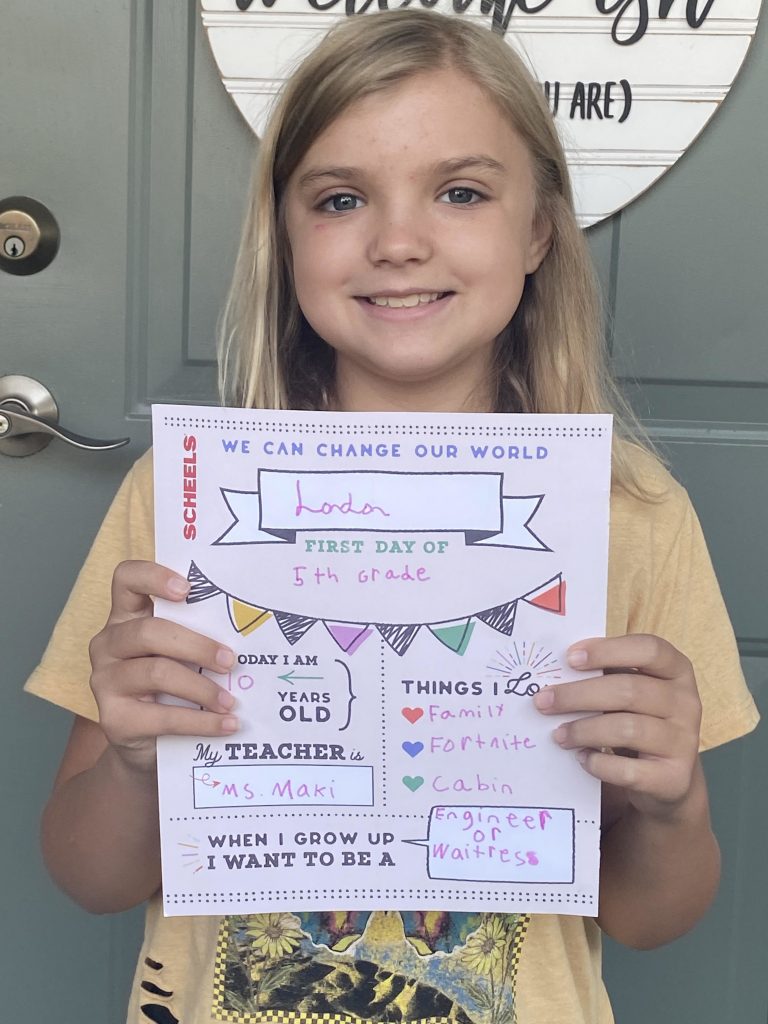
Four years later, she is still this vibrant, amazing 11-year-old, whom you would never know is sick upon meeting her. You wouldn’t know that every six months, she undergoes a battery of tests, including a bone marrow biopsy, and every three months she has her blood drawn to monitor her numbers. And you wouldn’t know that after each time, the nightmares and distressing thoughts resurface. As any parent knows when dealing with a child struggling with a rare disease, your mental health takes a toll. That’s why therapy is a monthly ritual in our household.
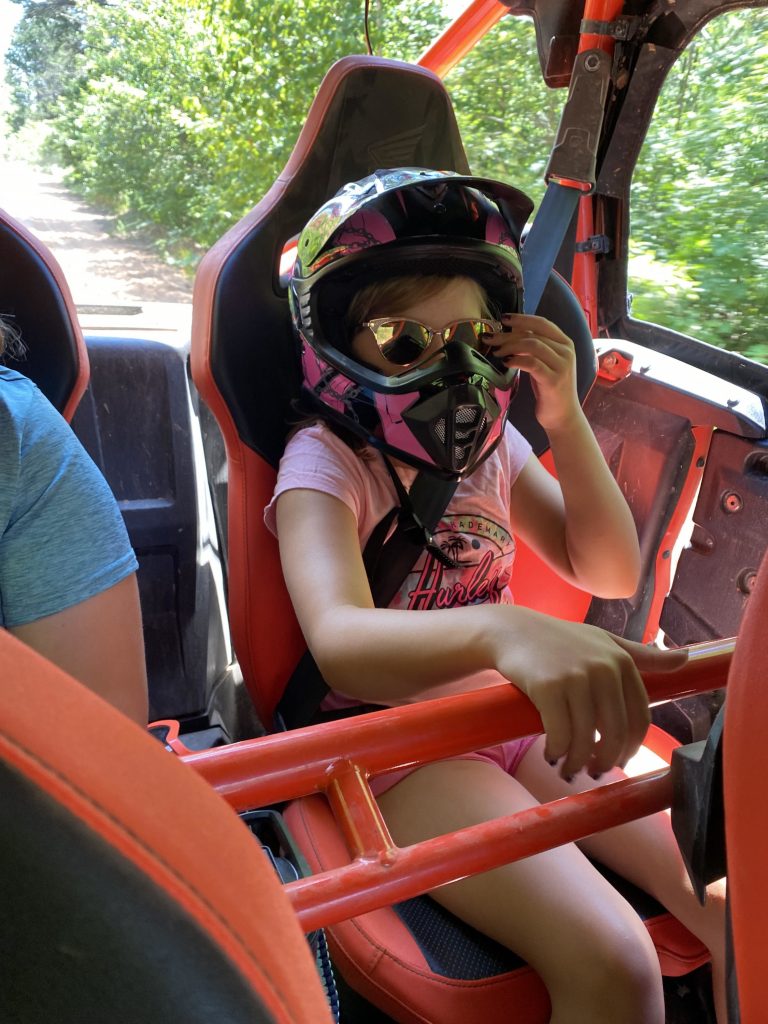
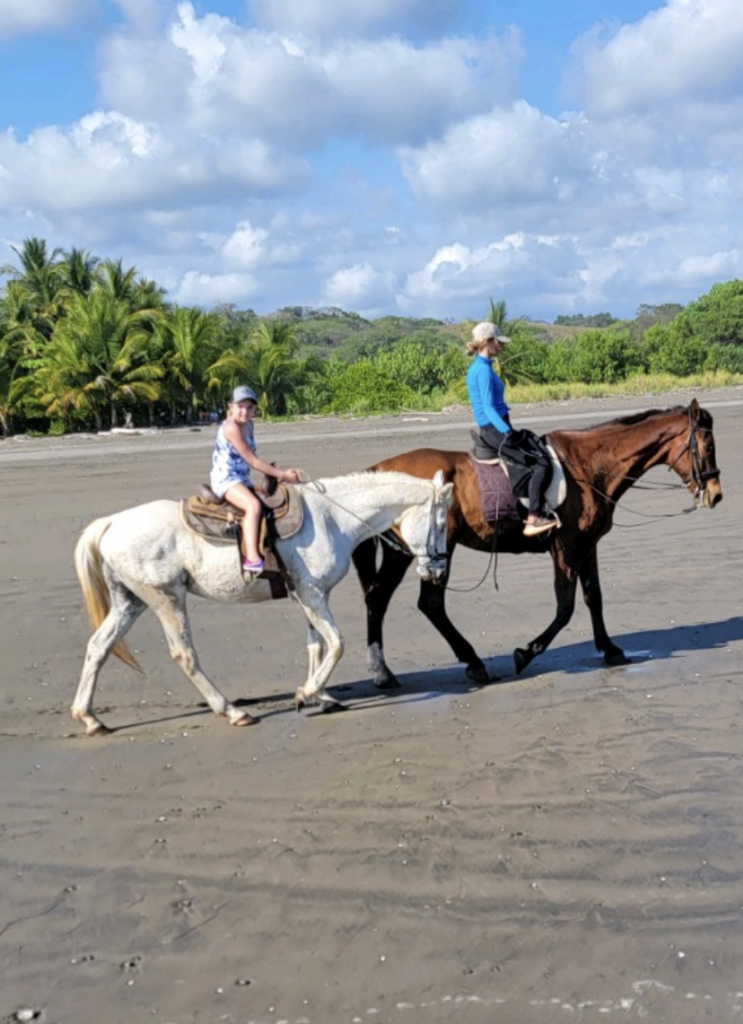
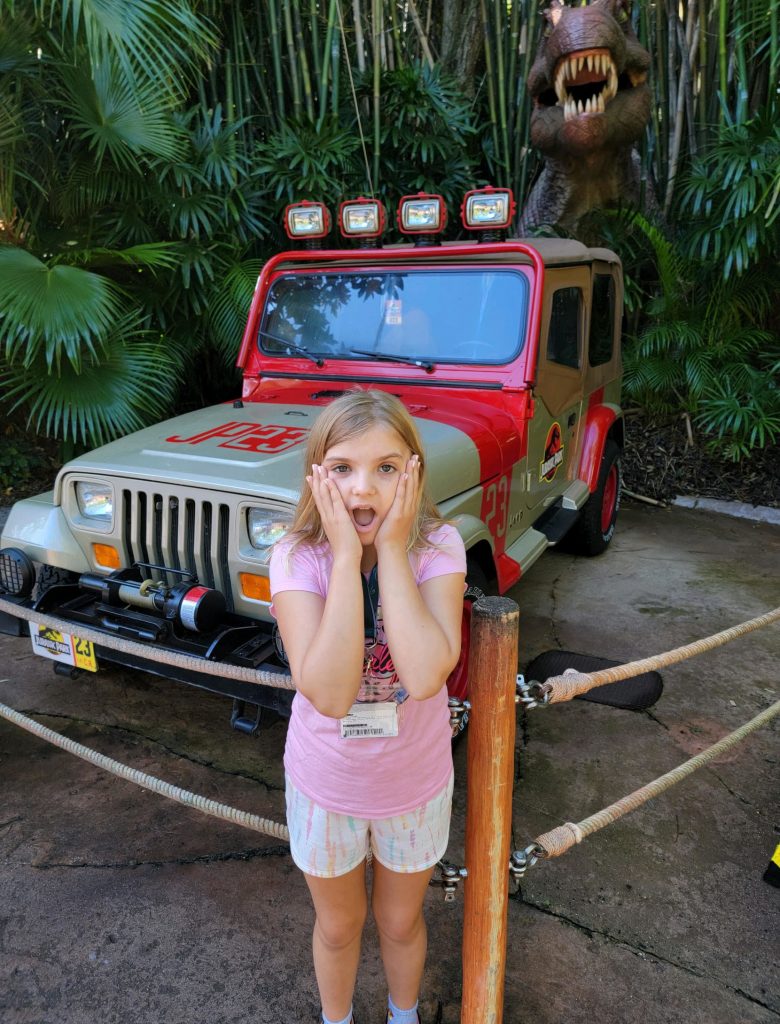
London aspires to change the world of FA. She’s launching a YouTube channel to raise awareness about it. Her friends, our other daughter Sydney, and our neighbors all proudly wear her bracelets to support her and the FA community, contributing to research funding. A dear friend of ours composed a beautiful song about her and her battle with FA. We play it during fundraising events.
We share our story and information about this disease with anyone and everyone, in hopes that when the time comes; when FA presents its challenges, we are prepared to combat it. We are London’s FA Warriors. We’ve got this!
Thank you for taking the time to read our journey.
The Aitkens
London, Sydney, Bryan, and Jen


